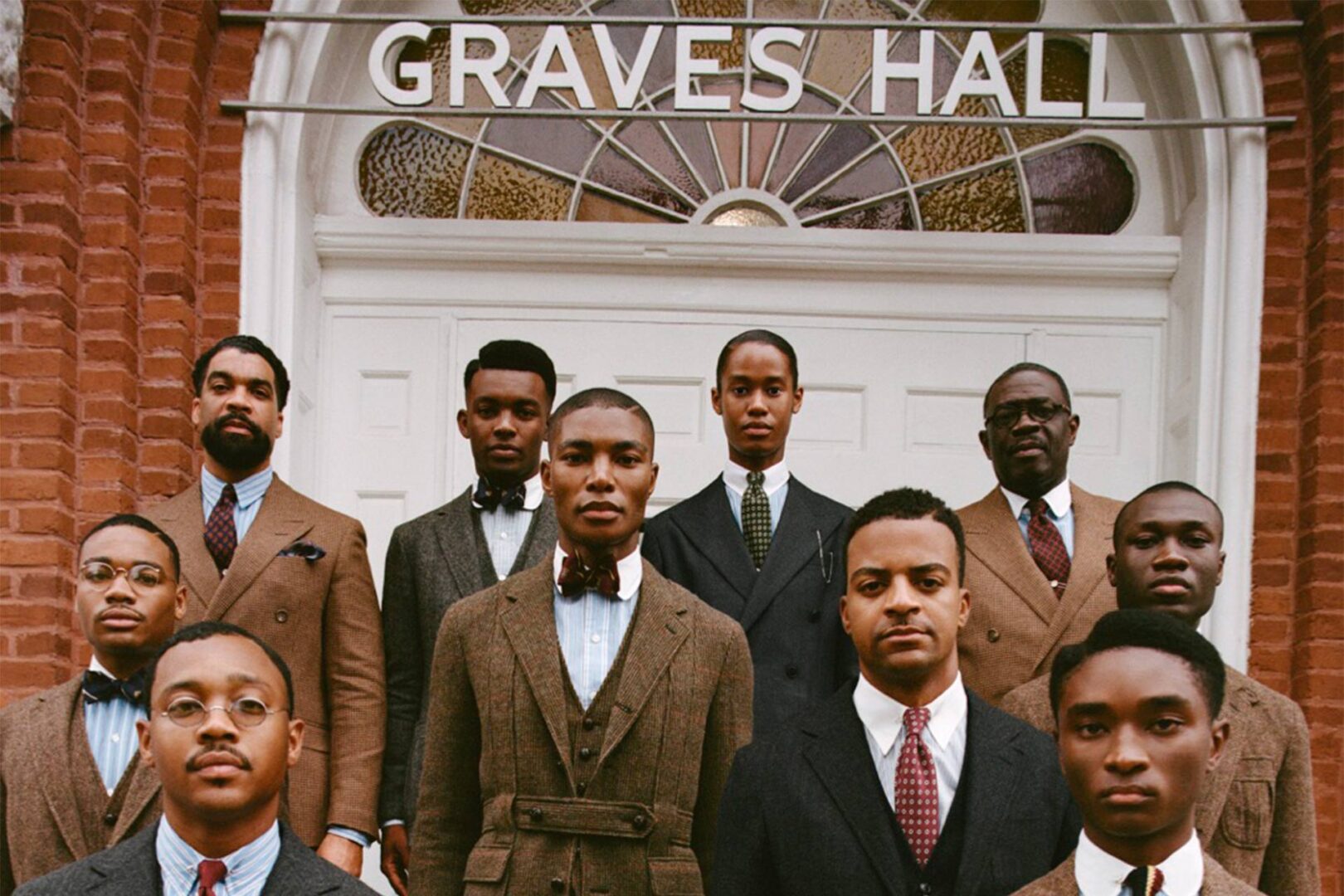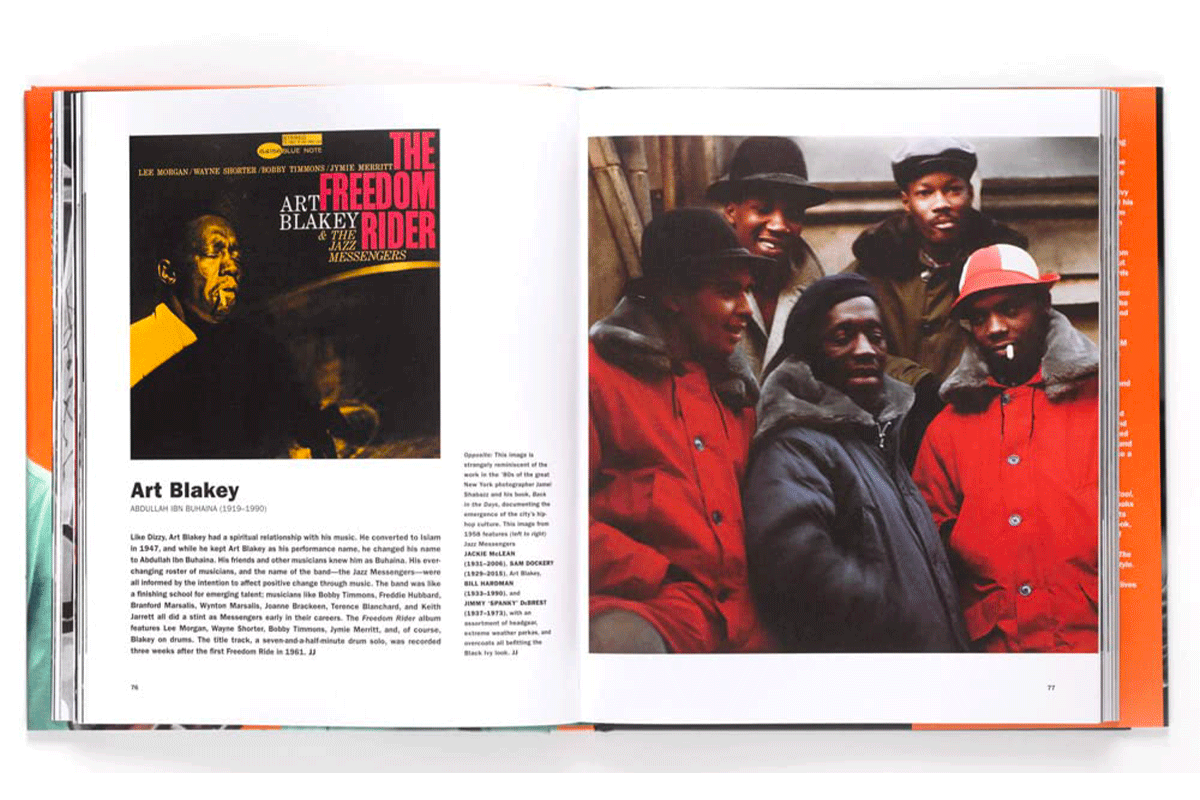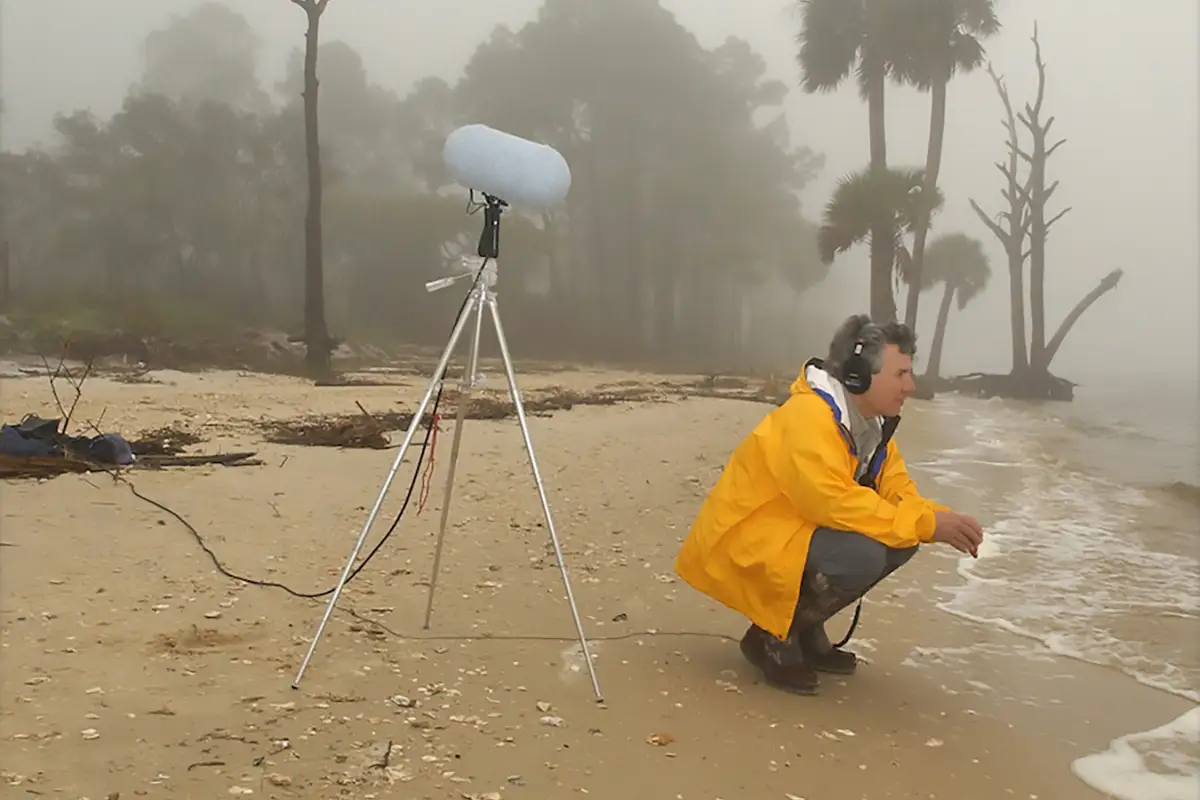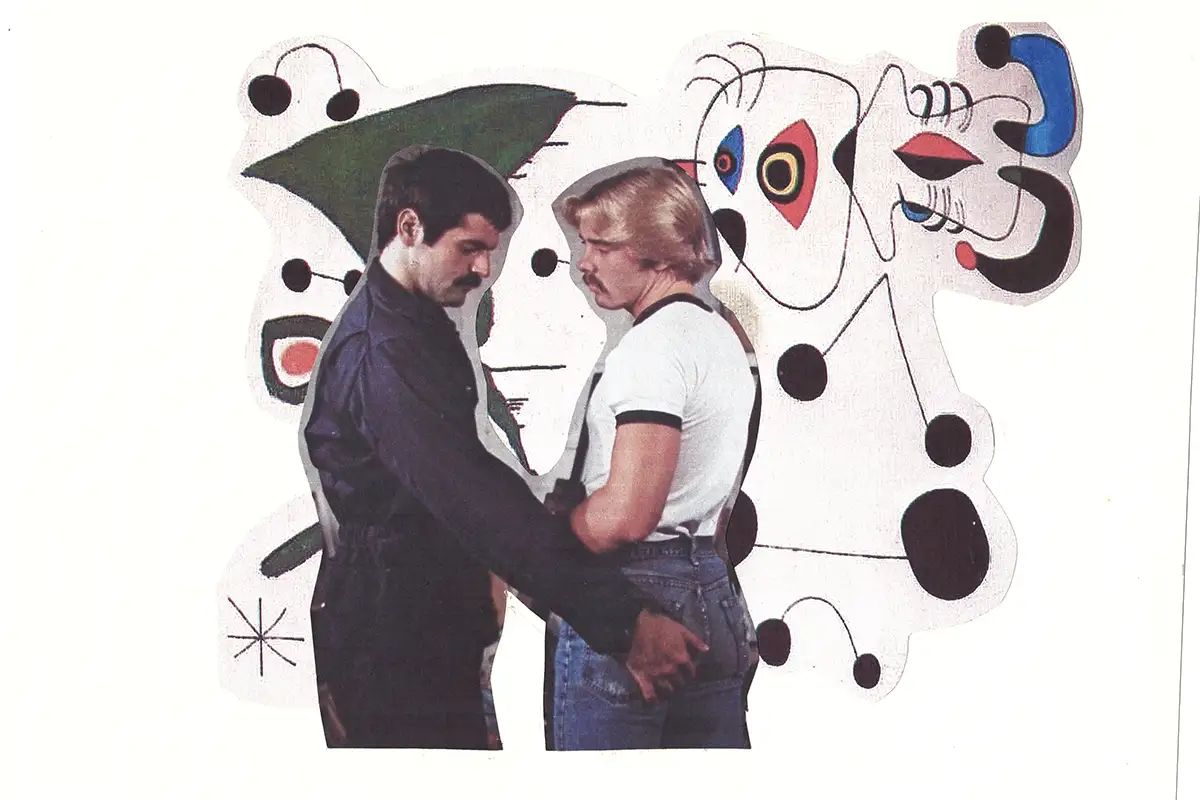A collection with Morehouse and Spelman College that rewrites Ralph Lauren’s American brand narrative to reconcile its missing chapters
Polo Ralph Lauren’s HBCU Capsule
Following a long history of the near erasure of the Black American story in Ralph Lauren’s American narrative, the quintessential US brand embraces the legacy of Black collegiate life in a first-of-its-kind collaboration with Morehouse and Spelman Colleges.
Earlier in the month, Ralph Lauren announced its upcoming limited edition collection honouring the history and traditions of the two historically Black colleges in line with a greater, Company-wide move towards a more inclusive design sensibility.
The collection boasts an all-Black cast and assembly of creators – primarily comprised of students, faculty and alumni – that illustrates not only a long overdue tale of Black collegiate style within Ralph Lauren’s American stylistic archive but, moreover, encapsulates a period of Black history that cast its glance boldly into the future where such portraits of the American dream are all-inclusive.
Historically Black Education
The clothes from this collection signal a period in the early to mid twentieth century in which both Morehouse and Spelman colleges were experiencing a sort of peak. Following the emancipation of millions of slaves in the previous century, the question of how to educate this largely illiterate population in the midsts of forming communities and building family structures in a way they had not been given the opportunity to before, as freemen and women and full citizens of the United States, led to the emergence of HBCUs.
And so, by the 1920s and subsequently into the 30s, 40s, and 50s, these institutions were in the throes of educating some of the most celebrated graduates within their alumni. This holds true for the legacies of Morehouse and Spelman Colleges in particular, from whose alumni one can pick out figures of historical relevance such as Martin Luther King Jr., Shelton ‘Spike’ Lee, Alice Walker and Stacey Abrams who contributed in some way to this sense of collective belonging instilled in the core values of both colleges.
The vision of James Jeter
Dean of the Chapel at Morehouse College, Dr Lawrence Edward Carter Sr suggests Ralph Lauren’s collection coupled with Jeter’s storytelling «captures a period where Morehouse was speaking to the world about the future we were creating, projecting where these people will go and take the world with them, which is to a better and more inclusive embracing of our community as a global citizenry».
Dr David Wall Rice, Professor of Psychology at Morehouse College insists that one cannot understate Ralph Lauren’s investment in the vision of James Jeter, director of concept design and special projects at Ralph Lauren and Morehouse College alumnus, «a young man getting to himself be recognised», in order to pave the way for such recognition to occur as a whole. With such readings, the collection can be seen as a successful celebration of the ethos of Black collegiate life. «We know that you’re going to be ambitious for yourself», Dr Mary Schmidt Campbell, tenth president of Spelman College says, «but we also expect you to be ambitious for each other».
Ralph Lauren Corporate Foundation Pledge
The collection follows a pledge of 2 million US dollars from the Ralph Lauren Corporate Foundation towards black scholarship at a dozen historically Black colleges and universities (HBCUs) at the end of last year. Following a summer of BLM advocacy in 2020, the Company made a series of commitments in support of racial equity which sought to facilitate career pathways for Black individuals through internships, recruitment, mentorship and development programs. This comes at a rather unsurprising epoch as companies across varied industries take similar steps towards a fairer, more representative workplace.
All-black Cast
The latest Polo Ralph Lauren campaign is shot by London-born fashion photographer Nadine Ijewere with concept design and editing by James Jeter. A hoard of Spelman and Morehouse productionists and archivists also contribute to the Company’s revisionist narrative of the American Dream.
The collection celebrates two iconic pillars of Black, and fore-mostly, American education and these institutions’ contribution to style in a manner that, according to Jeter, let him know «no matter what the mainstream showed, Black people belonged».
Steeped with Ivy-laden references, from the annual Spelman white dress ceremony dating back to the college’s inception to vintage suit tailoring from the early twentieth century, this capsule marks Ralph Lauren’s extension of its brand heritage to include untold chapters of American history.
A Portrait of the American Dream
Consumers are also able to experience the dynamic storytelling of the collaboration through a twenty-seven minute film entitled A Portrait of the American Dream as well as a seventy-seven page commemorative yearbook presented digitally alongside the collection. Both feature archival images from the two colleges juxtaposed by Ralph Lauren collection imagery taken across either campus.
Commentary from Spelman and Morehouse presidents, faculty and alumni line the edges of the yearbook like words from a friend fondly reminiscing on the shared experience of Black Ivy long written out of Ralph Lauren’s narrative of ‘Ivy style’, while the film aims for an attentiveness to historical detail and contextualisation.
Dressing the part
The Morehouse College capsule features classic wool and tweed suits alongside Polo Ralph Lauren’s signature shirt styles and knitwear, while white patchwork and wrap dresses as well as flannel suits nod to Spelman’s heritage of sisterhood and the expectations of academic excellence of its graduates’ futures.
Authentically inspired sportswear emblazoned with traditional iconography in official college colours speak to the longstanding collegiate tradition of athletics and good sportsmanship at both colleges.
Throughout the history of both colleges, there is an emphasis on attire as a means of self-determination alternate to that which the rest of the country had envisioned for Black folk.
The significance of the Black aesthetic that thrived at HBCUs in the mid-twentieth century and is revered in this capsule has a lot to do with what these institutions offered students in terms of personhood and self-affirmation. Morehouse’s Five Wells, for example – well-read, well-spoken, well-dressed, well-travelled and well-balanced – presented the Morehouse Renaissance man with the opportunity to rise to the occasion, not just for himself but a wider community, the ninety percent to his ‘talented tenth’.
Evolutionary condition
By no means is Ralph Lauren’s undertaking of the Black collegiate story anything revolutionary in the world of fashion. In recent years, Black individuals have foregone the need for such rewrites that, for the most part, are well-intended but fall somewhere between performative and seeking to unsolicitedly validate Black history through its predominantly white lens.
Pyer Moss’ series of collections entitled American, Also travels down the road of Black American history to document figures of rebellion, organization, leadership and lifestyle across America. London-based writer Graham Marsh and style consultant Jason Jules look to Black Ivy style to narrate the struggles of the Jim Crow and Civil Rights eras from which these universities and colleges emerged in their book Black Ivy: A Revolt in Style (2021). Rather, the collection can be appreciated for its evolutionary condition which encourages the type of change and mobility that the first generations of HBCU students envisioned in their American Dream.
Morehouse College
Founded in 1867, Morehouse College is a historically Black private, liberal arts institution dedicated to the education of men in Atlanta, Georgia. The college was originally established as Augusta Institute in the basement of Springfield Baptist Church in Augusta, Georgia and now stands as a world-renowned institution for intellectual thought.
Spelman College
Spelman College was founded in 1881 as the Atlanta Baptist Female Seminary by Sophia B. Packard and Harriet E. Giles. In 1924, the institution became Spelman College, a private, liberal arts college for women of African descent. The college is committed to academic excellence in liberal arts and sciences with an additional emphasis on the development of its students as global advocates.




















